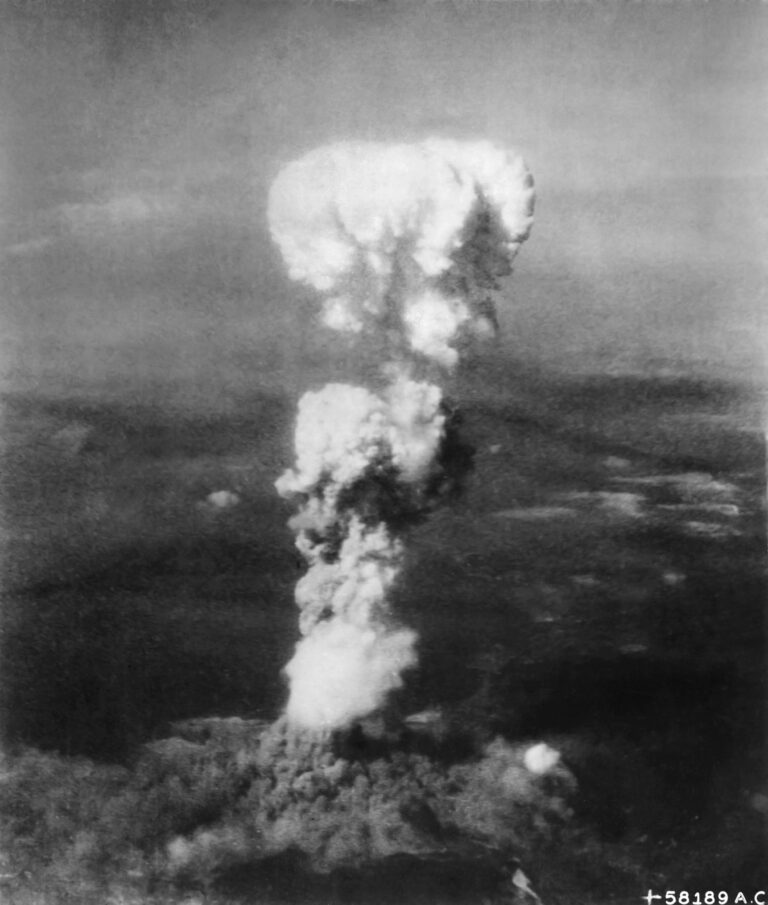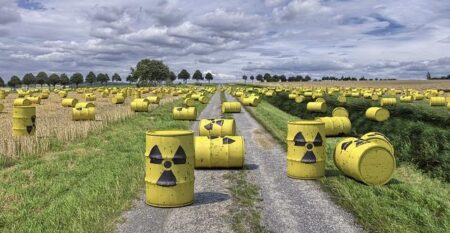Hiroshima, long a symbol of peace and pacifism, is witnessing a profound shift in public sentiment as support for its once-unquestioned antiwar message wanes. Once revered as the emblem of nuclear disarmament and reconciliation, the city’s pacifist cause now faces skepticism amid evolving geopolitical tensions and generational changes. This erosion of belief in Hiroshima’s postwar ideals signals a broader reassessment of Japan’s approach to peace and security in an increasingly uncertain world.
Eroding Faith in Hiroshima’s Pacifist Legacy Challenges Global Disarmament Efforts
Once a shining beacon of hope for global peace, Hiroshima’s steadfast commitment to pacifism is facing an unprecedented wave of skepticism. Younger generations, shaped by shifting geopolitical dynamics and the rise of security concerns, question the effectiveness of nonviolence and disarmament in a rapidly changing world. The traditional narrative of atomic devastation as a catalyst for peace is being challenged by a growing chorus that argues for a realistic embrace of military deterrence, citing regional conflicts and nuclear modernization programs as justification.
The impact of this eroding faith extends beyond Japan’s borders, complicating international efforts toward nuclear disarmament. Diplomatic initiatives often lean on Hiroshima’s moral authority to galvanize collective action. However, as confidence wanes, negotiators now confront a sobering reality: the symbolic power of Hiroshima may no longer suffice to sustain momentum. Key factors include:
- Generational divide: Younger activists prioritize global security over idealism.
- Geopolitical shifts: Rising tensions in Asia and beyond prompt rearmament.
- National interests: Governments balance pacifist legacies with defense strategies.
| Region | Disarmament Support | Military Spending Growth |
|---|---|---|
| East Asia | Declining | 8% Increase |
| Europe | Moderate | 3% Increase |
| North America | Stable | 4% Increase |
Generational Shifts and Political Pressures Redefine Japan’s Approach to Nuclear Policy
Japan is witnessing a profound transformation in public sentiment toward nuclear energy and military policy, driven largely by generational change and shifting geopolitical dynamics. Younger Japanese citizens, distanced from the immediate horrors of World War II and the atomic bombings, increasingly prioritize economic stability and national security over traditional pacifist ideals. This evolution challenges decades of Japan’s unwavering commitment to a strictly non-nuclear stance, reflecting a broader realignment within society that balances the memories of past devastation with the perceived demands of present-day realities.
Political leaders are responding accordingly, navigating a complex web of domestic pressure and international expectations. Key factors shaping this transition include:
- The resurgence of regional military threats, particularly from North Korea and China.
- Demographic shifts favoring voters with pragmatic views on defense.
- A push toward restarting nuclear reactors to ensure energy independence.
- Growing discourse on revising pacifist constitutional clauses.
This nuanced recalibration demonstrates how Japan’s policy framework is adapting, blending constitutional pacifism with pragmatic security concerns.
| Generation | Attitude Toward Nuclear Policy | Primary Concerns |
|---|---|---|
| 70+ years | Strongly Pacifist | Historical memory of Hiroshima & Nagasaki |
| 40-69 years | Moderate Caution | Energy security; regional tensions |
| 18-39 years | Pragmatic & Security-Oriented | Economic stability; defense modernization |
Experts Urge Renewed Dialogue and Education to Revitalize Pacifist Ideals in Contemporary Society
Amid growing global tensions and shifting political priorities, many experts caution that pacifism as a practiced philosophy is waning even in places deeply scarred by war, such as Hiroshima. Scholars and peace activists emphasize that without a sustained commitment to education and open conversation, the memory of historic tragedies risks fading into distant history rather than serving as a guiding beacon for non-violence. They argue that revitalizing the ideals of peace requires more than commemorations-it demands active engagement with younger generations through curricula that explore the complexity of conflict and the value of diplomacy.
Key strategies advocated by proponents include:
- Integrating peace studies into school programs nationwide to foster critical thinking about war and peace.
- Facilitating community dialogues that bring together survivors, historians, and youth to share narratives and inspire hope.
- Leveraging digital platforms to create accessible educational resources and virtual forums for global peace discourse.
| Initiative | Target Audience | Expected Outcome |
|---|---|---|
| Peace Workshops | High School Students | Develop empathy and conflict resolution skills |
| Storytelling Events | Local Communities | Preserve historical memory and promote unity |
| Online Seminars | Global Youth | Expand awareness beyond geographic boundaries |
Closing Remarks
As Japan grapples with shifting geopolitical realities and rising regional tensions, the steadfast pacifism that once defined Hiroshima-and the nation’s postwar identity-is facing unprecedented challenges. The waning belief in nonviolence among younger generations signals a complex reexamination of how Japan reconciles its tragic past with an uncertain future. This evolving mindset not only reshapes Hiroshima’s legacy but also raises profound questions about the direction of Japan’s security policies in an increasingly volatile world.




